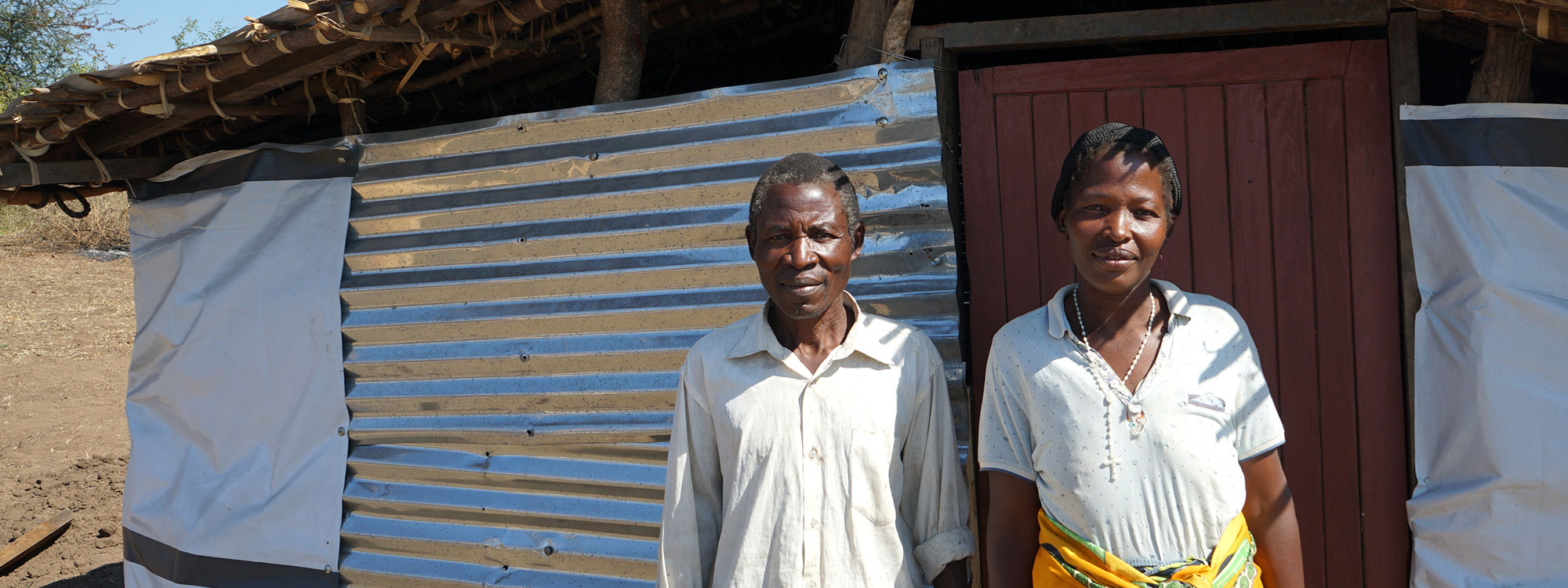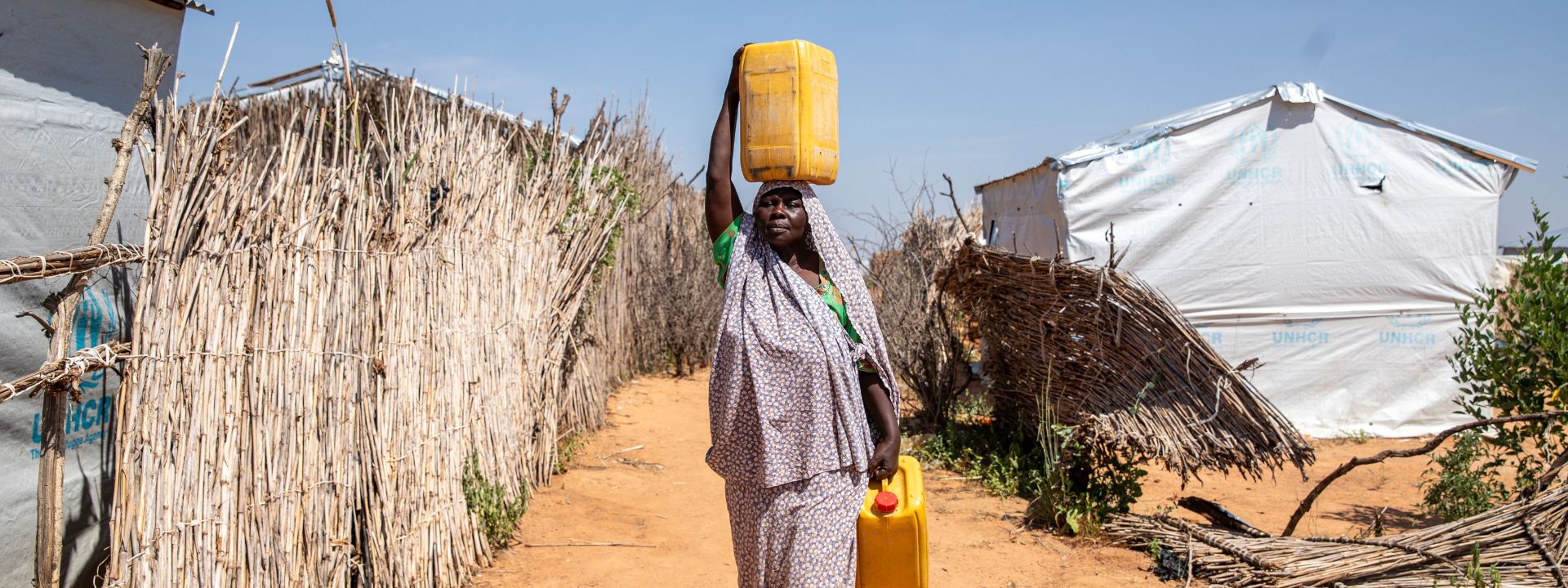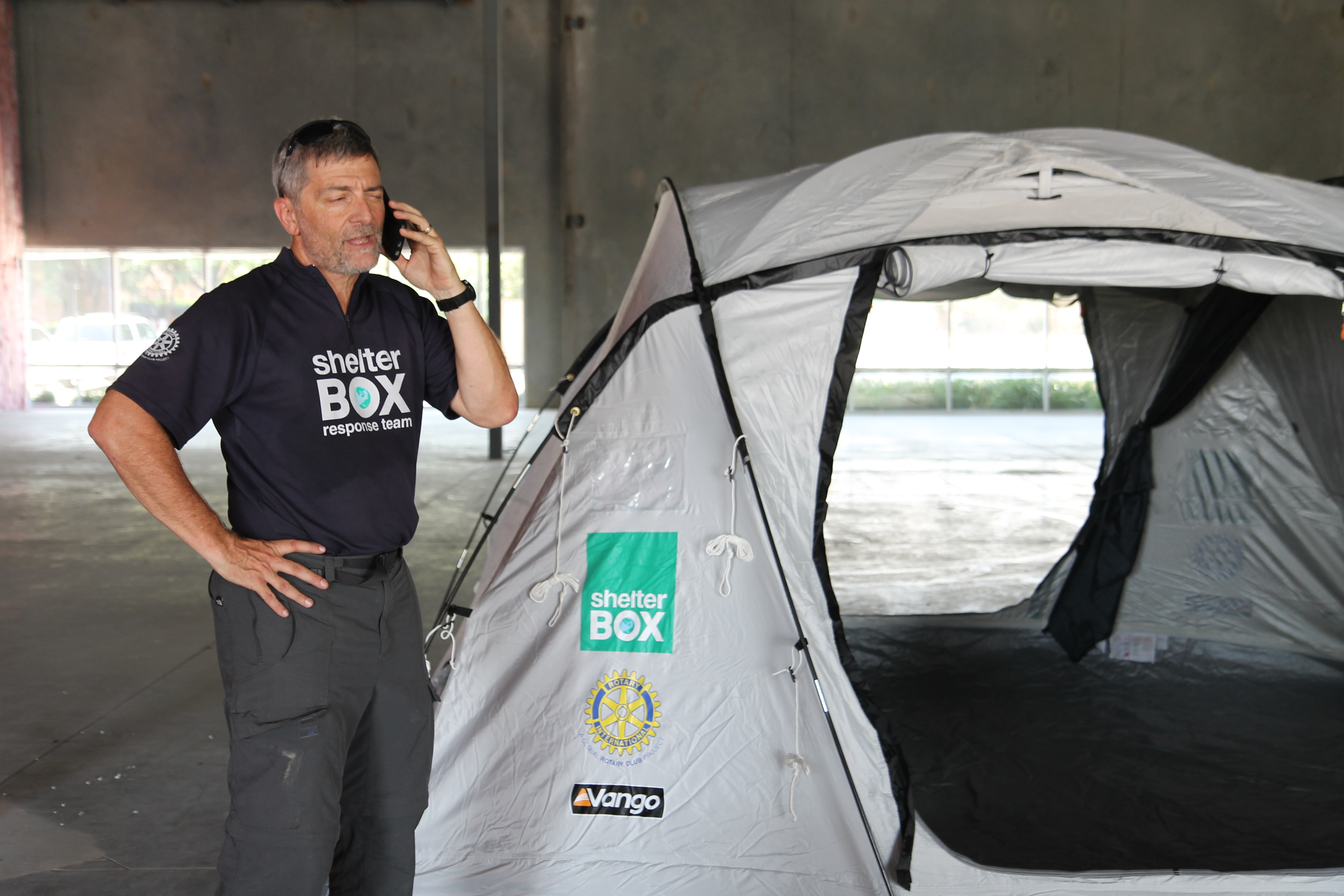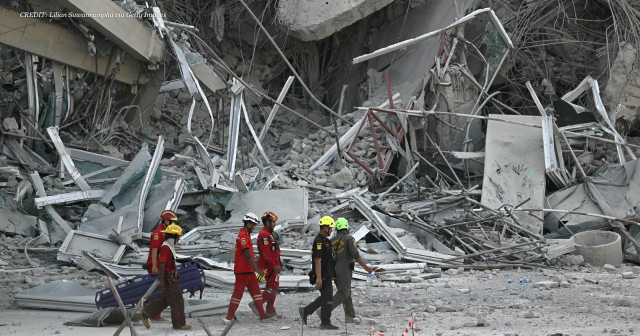
Blog
Coronavirus: An Impossible Choice for the World’s Vulnerable
For many people, coronavirus is the biggest threat we have faced in years. It’s the biggest thing in our lives right now – stopping us from working, posing a risk to our health and threatening us with losing loved ones.
But in the developing world, the virus is just one of many overbearing issues. From famine to locust plagues to domestic violence, coronavirus is just another thing that will make existing crises worse.
In the last few weeks I’ve read news articles telling me this. I’ve seen reports that 265 million people are facing starvation in sub-Saharan Arica (World Food Programme). I’ve heard predictions that 15 million more cases of domestic violence will happen as a result of lockdown restrictions (UNFPA). But in a sea of bad news, it’s hard to process what that really means.
That changed for me a few weeks ago when I spoke to a friend in Malawi.
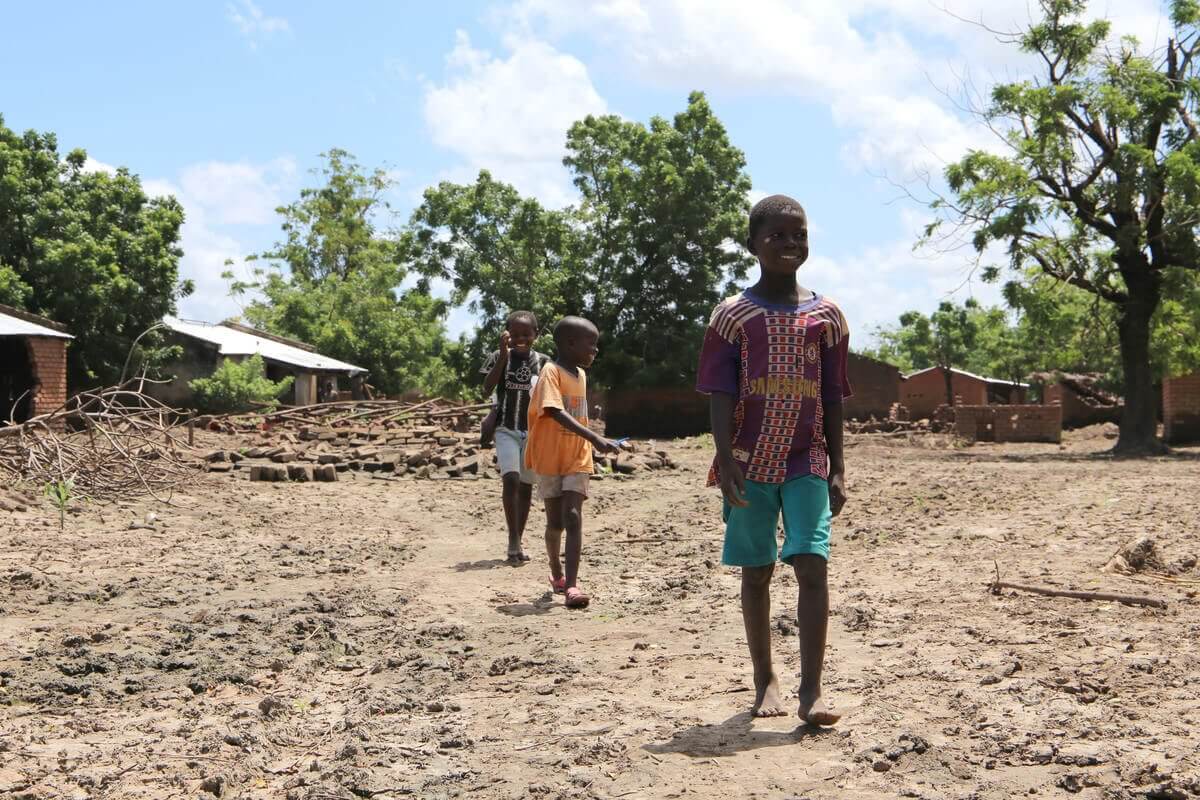
Having heard that the UK had gone into lockdown, she was asking what freedoms we had lost, what it was like to live in isolation. After sharing tales of toilet roll shortages, working from home and heading outside on Thursday nights to clap for our carers, I asked what the lockdown measures were like in Malawi. I’d heard that a lockdown had been introduced in April – but what I hadn’t realised was that it was cancelled just days later.
She told me it had been suspended because families were facing the impossible choice of deciding between going hungry and getting ill. And that’s when it really hit home for me. There is no contingency plan for people who live hand to mouth – and this demographic have gone to bed hungry on far too many nights.
The rates of infection in the developing world may not yet be as high as they are in western Europe, but the pandemic is killing people in different ways in many places. Collapsed businesses, risk of famine, lost jobs and an increase in poverty have led the UN to estimate that half a billion people could be pushed into destitution by the end of the year.
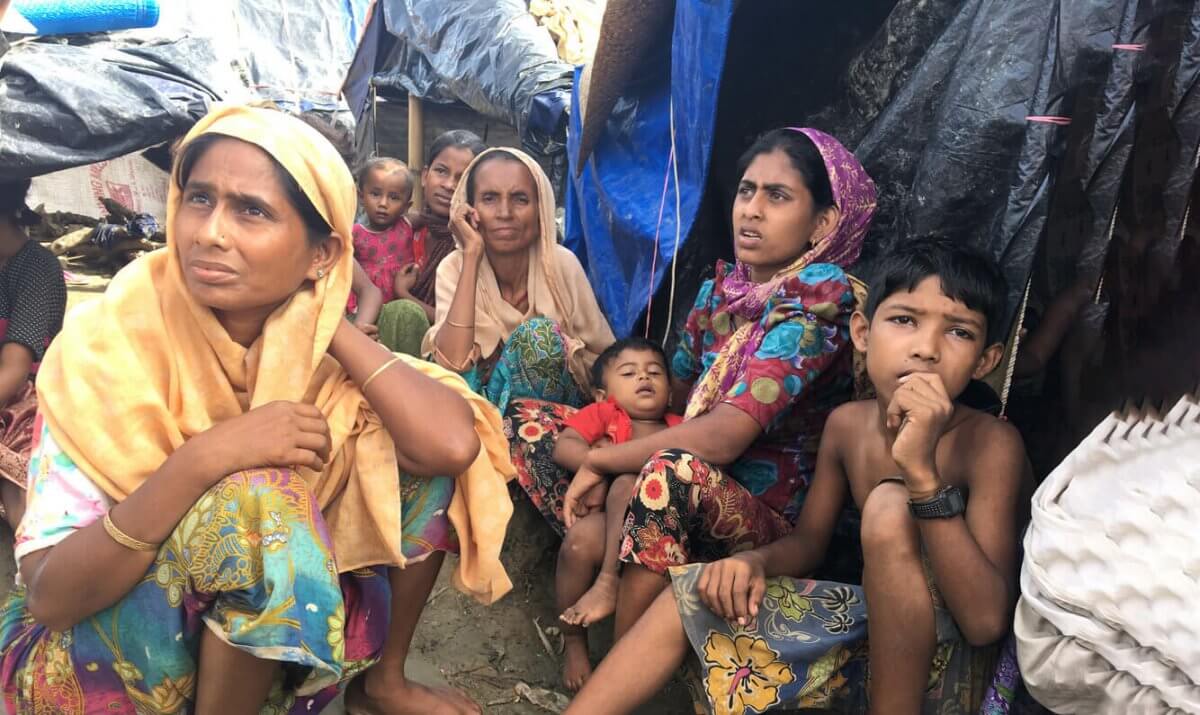
Sadly this isn’t the only impossible choice that people around the world are facing during this pandemic.
- In east Africa families must decide whether to stay or leave as the second wave of locusts this year eats through enough food for 350,000 people each day.
- Persecuted minority groups must choose whether to run as armies renew their repression whilst the world is distracted by the virus.
- In many countries, including our own, women must decide whether to flee or stay home and face domestic abuse.
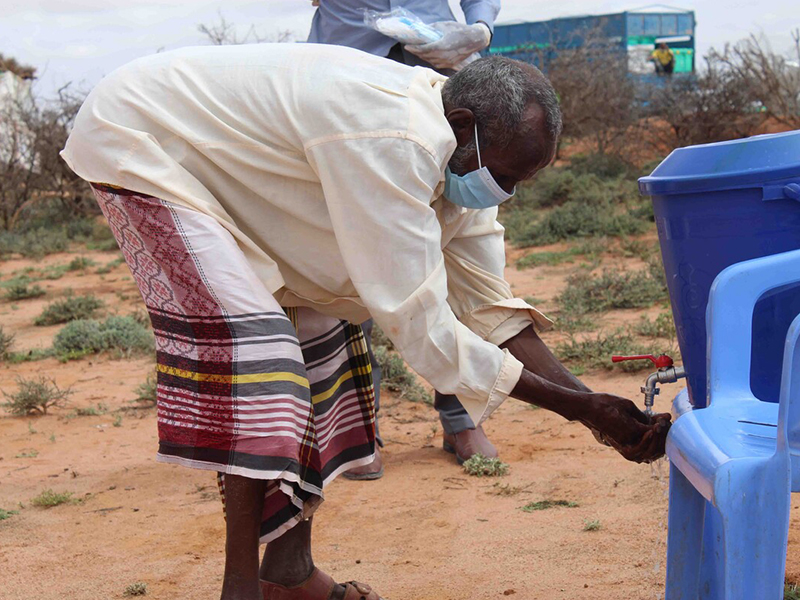
Life at home is hard at the moment, but we mustn’t forget the rest of the world. There are so many people who don’t have the necessities they need to survive in the world as it is – let alone during the coronavirus outbreak.
At ShelterBox, we’re determined to continue providing emergency shelter throughout the pandemic. By helping disaster-hit families to drink clean water, wash their hands, cook food and build secure shelters a safe distance apart, we can help them to be in a stronger position to deal with coronavirus.
Our work is more important than ever, and it’s your support that enables us to go where we are needed.
You can learn more about how we’re responding to coronavirus here.

